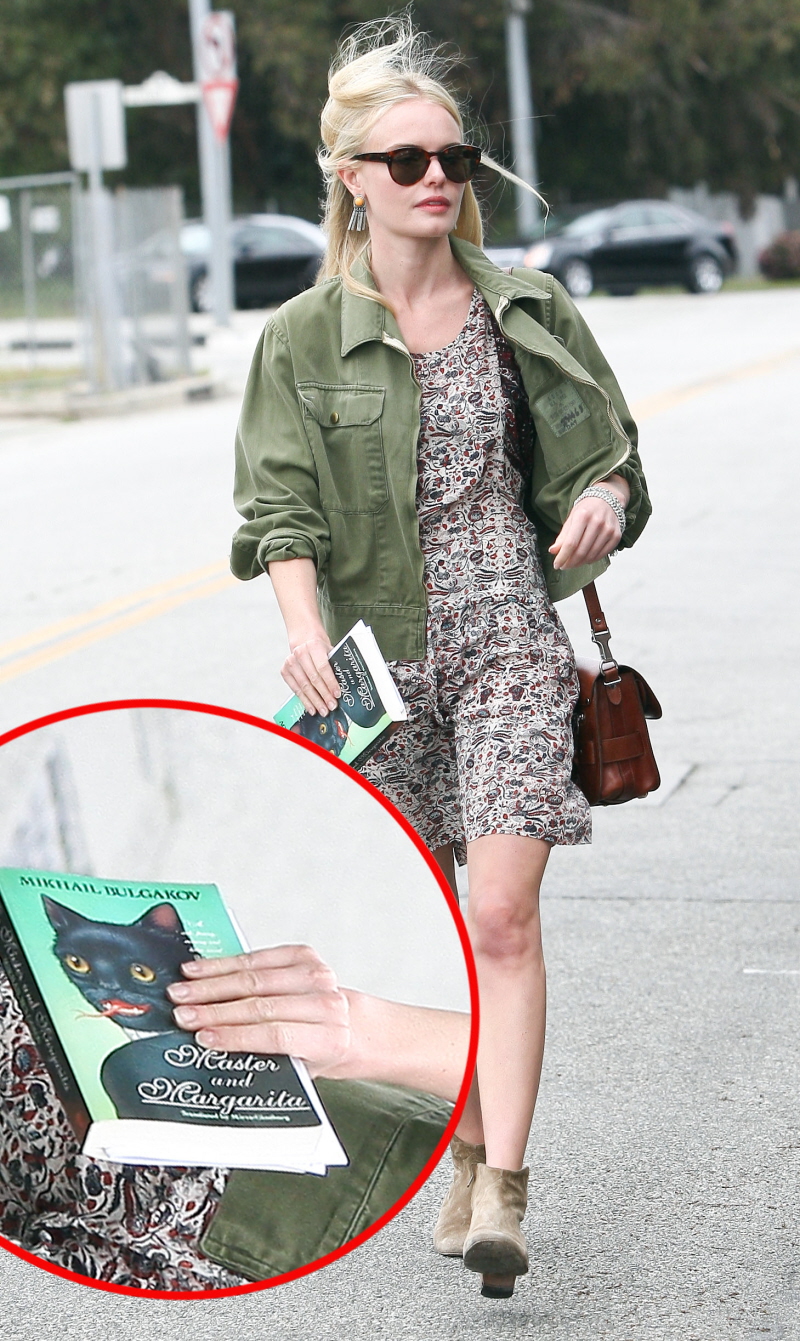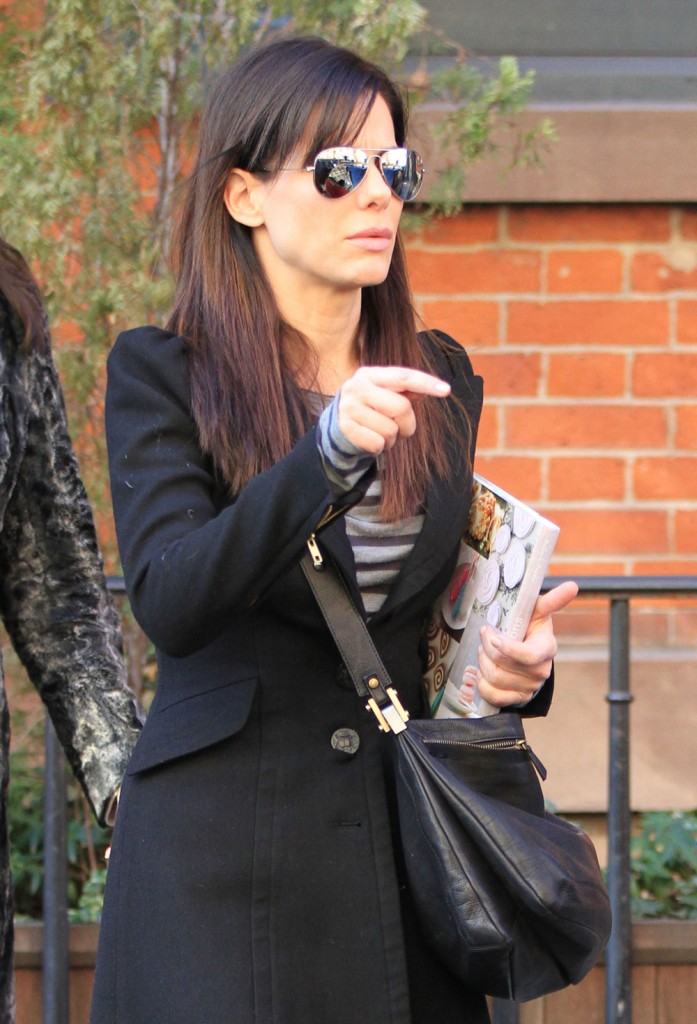I wanted to scream and condemn unwanted advertising. However, I decided to grow up, admit my mistakes and publicly change my mind. Maybe.
It's a tough life for books lovers who work in sales, marketing and publicity.
You need to reach your targets, sometimes knowing that what you do would terribly annoy you as a customer and/or a reader. Now, in an ideal world you'd be able to do things in a subtle, subdued way, and sneak in a trigger in everything you say or write, which will then make people buy your product.
In the real world, things are not quite going that direction. Things are blatantly in your face - love this sentence, even though I don't think it's semantically correct. Meh.
When I read about the new, cheaper, ad-supported Kindle - the Kindle with Special Offers -, my heart sank. I know, I know, this shouldn't have come as a surprise. We're so used to ads everywhere, from Facebook, to websites and apps; I know this is the price to pay for the abundance of brands on the market and also for the cheap or free apps you download on your phone. Someone has got to pay for the product, I get it. And unfortunately when I want to complain about how unfair is modern life, my first, pathetic, argument would simply be, this is a book. Books shouldn't contain ads!
But what about those examples from the past? When Dickens' stories were serialised, they were surrounded by publicity for related and unrelated products:
They were usually bound in green paper, and - after the first two monthly instalments of THE PICKWICK PAPERS - always included precisely 32 pages of text, two engraved illustrations, and, usually, 16 pages of advertisements.(source)
16 Pages of ads, it's a lot! But that's what pays the bill, and what allowed common and the poorer people to access the finest literature of the time. If you think about it in this way, advertisements in books and Kindles don't sound all that bad, right? But then again, is the Kindle cheap enough for most people? In my opinion, it isn't.
I think that if they really want to annoy us with ads, like they already do on the TV, in cinemas, on the phone, in magazines, and on the radio, they should at least give it away for a killer price. It seems like the UK won't see this version of the Kindle for a while, and it'll be sold in the USA, starting May 3rd. For what I read on a couple of English blogs, people don't really seem to be against this idea. So I'll give it a go, I'll try to look at it from a logical (my) point of view.
It's worth pointing out just how annoying these ads really are. For what I understood they would only pop-up when your Kindle goes into screensaver mode, or as banners at the bottom of the reading list. Fair enough, they allegedly aren't that intrusive, but to me this changes the whole conception of book and of the reading experience.
Could it just be that even though I love gadgets, and futuristic useless stuff I can't live without, I still cannot accept the fact that books are going - well, are already - digital?
I can't really admit I'm pro-ereader; I take what technology brings me day by day, but it doesn't necessarily mean that I love, or even like, the idea of it all.
I know that if I had a thing popping up or just appearing on the screen whilst I'm reading, it would just immensely piss me off - excuse my French! Also, if the ad is appealing enough, I would almost certainly look at it, browse around a bit, and lose the concentration I personally require in order to dive in the story in front of me.
The solution seems quite simple, really: buy the normal Kindle.
But then again what if people who cannot afford the normal Kindle can't also stand ads popping up on the screen? The answer is simple: buy a REAL book.
I could spend the whole day talking smack about ads in books and in the end it wouldn't do any good whatsoever. The only thing I'm sure of is that I love regular printed books, where the only advertisements you see are the other titles written by the same author or published by the same publisher. I can accept that, it's relevant useful information.
What I can't accept is external futile information on other products such as moisturisers, credit cards and cars. I'm not trying to condemn all kinds of publicity here though, I just want to put this problem in perspective. I love reading glossy magazines, filled up with amazing pictures and outstanding fashion ads. But that's a specific market. Take for example Vogue; you know what to expect when you buy it. A few articles on beauty and fashion trends, maybe some 'deeper', well-worded thoughts about the latest hot topic, and then pages over pages of pictorials and ads. It markets a specific audience, who buys -or in my case would love to buy but can't afford - up-market products. The ad, in this case, is basically the main content, it's almost a form of art.
What I'm really worried about is the cheapening of ads and of products which will most likely occur in time on ebooks. Right now Amazon is saying that their ads will 'look attractive and engaging, and will be going for screensaver images like landscapes, scenery, architecture, travel images, photography and illustrations' (source). Fair enough, but like everything else, they'll try and make as much money out of it as they can, selling ads space to anyone who wants to pay. How lovely it'll be to have a flashing penis promoting Viagra pills while you're reading Catullus' erotic poems! I don't think I'm exaggerating here, because sure enough they'll justify the amount of new, less posh ads, by saying that the products promoted are relevant to the genre or topic treated of the book.
Give it time and they'll send exasperated readers back to normal books, and I'll be in my corner laughing maniacally! OK, enough ranting.











